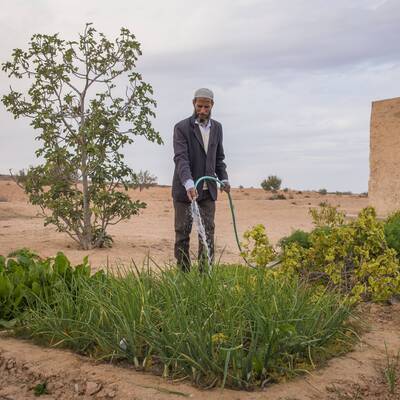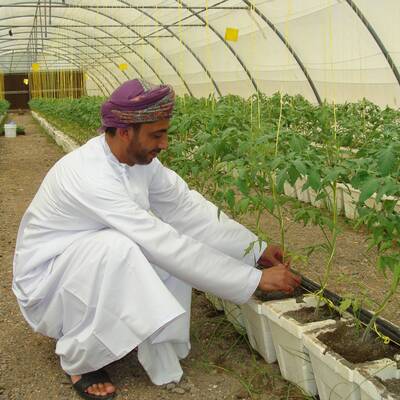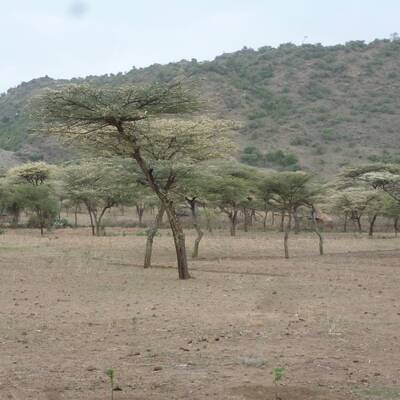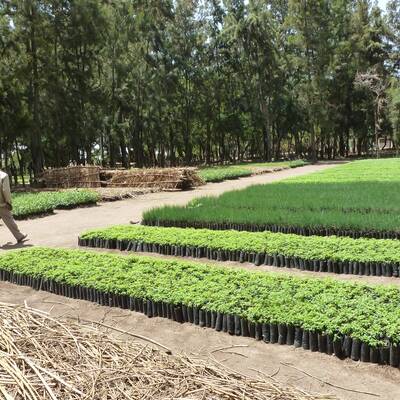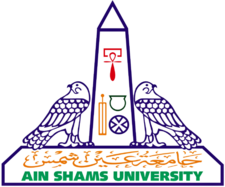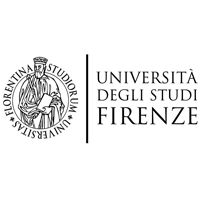Wastewater remains an undervalued resource, all too often seen as a burden to be disposed of or a nuisance to be ignored. This perception needs to change to correctly reflect its value. Wastewater is a potentially affordable and sustainable source of water, energy, nutrients, organic matter and other useful by-products. Improved wastewater management, including the recovery and safe reuse of water and other key constituents, provides a great deal of opportunities. This is especially true in the context of a circular economy, whereby economic development is balanced with the protection of resources and environmental sustainability, and where a cleaner and more sustainable economy has a positive effect on water quality. Wastewater treatment and reuse has a great potential to contribute towards addressing the MENA water crisis.
Funded by Sida and managed by IWMI, the ReWater MENA project focuses on the management of treated wastewater for agricultural use in Egypt, Jordan and Lebanon. The regional project also offers opportunities for south-to-south learning through experience learning under the banner of the National Learning Alliance. The project brings together relevant stakeholders including different ministries, international research centers, and experts in the field to seek sustainable and bankable solutions that increase safe reuse in agriculture. As part of the regional project, ICARDA contributes to Output One and 3 of the project portfolio in Egypt which include: development of a national baseline to support development of a national strategy for reuse; and the development of Local wastewater treatment and reuse (direct and indirect reuse) models. The plans will be developed through participatory methods that involve all key stakeholders including farmers, business ventures, government institutions, and other intended beneficiaries of the reuse models.



